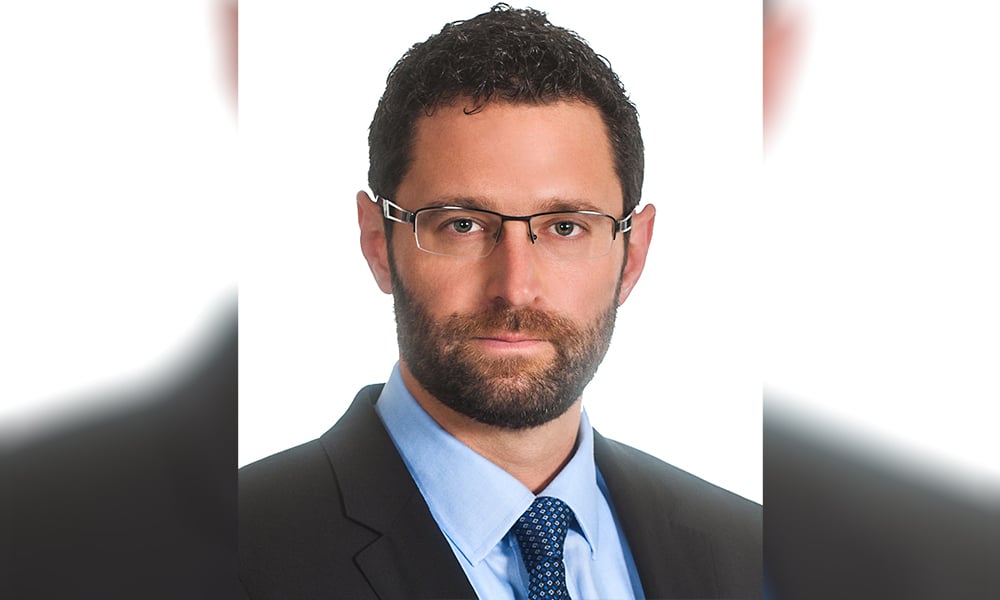Leading personal injury lawyers weigh in on the dangers and necessity of advertising in their practice area

Personal injury lawyers face a tough practice management choice. Changing auto insurance regimes in much of Canada have limited the availability of clients. At the same time, more personal injury lawyers are joining the profession. Advertising might seem like a means to cut through the competition, but in this practice area specifically, lawyers need to be careful about the wider impact their ads can have.
A pair of leading personal injury lawyers explain how widespread advertising can poison public opinion, and juries, against the practice area. These ads can run the risk of making the practice area seem “sleazy,” weakening their clients’ cases and even opening themselves up to public vilification, lawyers say.
“I'm not a huge fan of the mass direct advertising,” Paul Cahill, a partner with Will Davidson LLP, says. “I think the real concern is around whether is it potentially bringing the professional law into disrepute. Is the public genuinely becoming annoyed and having an even lower perception of lawyers than they already have because of these advertisements? Are they thinking that these personal injury lawyers are just chasing ambulances for a quick buck and filing suits for people who aren’t really badly injured?”
Cahill says that his practice area plays a crucial role, advocating for those who have suffered grievous injury and may be thrown into an adversarial situation with an insurance company they may not be ready for. But with insurance regimes changing and a decrease in viable claims, advertising is a necessary part of modern personal injury practice. His approach, though, is to use targeted advertising and avoid widespread saturation of a personal injury message.
Lawyers have more avenues for advertising than ever. Targeted online advertising and search engine optimization functionality can help lawyers reach potential clients the moment they start searching for a lawyer. That’s the strategy Will Davidson employs.
Cahill says firms employing mass direct advertising want to be in clients’ minds before they even get injured. He doesn’t take issue with that strategy as a means of reaching potential clients, but worries that those ads, especially if they appear “cheap” or “sleazy,” will not just play a role in the minds of juries, but in public perceptions of his practice area.
Richard Parsons says he has seen the arrival of big-advertising Ontario law firms in B.C. poison public opinion against his profession. The partner at Collette Parsons Corrin LLP says that many of those firms arrived in his province in early 2017, after the Law Society of Ontario capped referral fees and imposed some limits on advertising. Parsons says they targeted referral fees because many of the biggest advertisers “don’t even do the work.” Rather, they refer clients solicited through ads to other firms.
“These Ontario lawyers moved in and the perception of lawyers, especially personal injury lawyers, has gone down significantly,” Parsons says.
Law societies can limit the nature of legal advertising, even going as far as to ban public advertisements. Parsons cited past precedent where the Supreme Court of Canada ruled that restricting advertising amounted to a restriction of free speech. He says that the Law Society of Ontario likely went after referral fees rather than advertising because they would likely lose a constitutional challenge to any sweeping ad restriction.
Cahill says lawyers need to consider the wider impact their direct ads are having on the broader practice area.
“I think advertisers who are saturating the market with a name want people to know the name before they even injured, so when they're injured, they know when to call,” Cahill said. “I think that may work to get some people contacting you. But it may also create a negative impression because it's a solicitation that people don't really want or need most of the time.”










